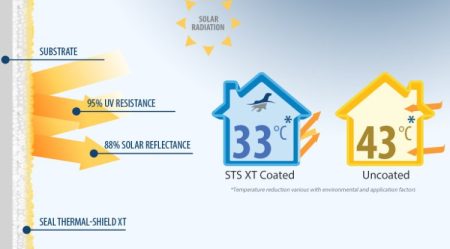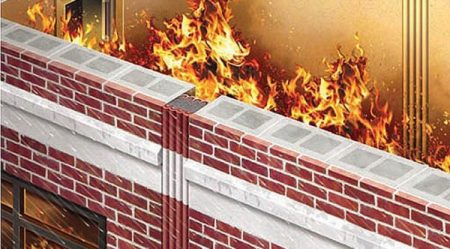Radiation Isolation and Environmental Protection Measures
Radiation isolation and environmental protection measures are crucial in ensuring the safety of individuals and the preservation of our ecosystem. As the use of radiation becomes increasingly prevalent in various industries, it is essential to implement effective measures to prevent the release of radiation into the environment and mitigate its potential harm. In this article, we will explore the importance of radiation isolation in environmental protection and discuss the strategies employed to achieve this goal.
Contents
Understanding Radiation and its Impact on the Environment
Radiation, a form of energy, can have harmful effects on living organisms and the environment. Exposure to excessive radiation levels can lead to the contamination of air, water, soil, and wildlife, posing significant risks to ecosystems.
1. The Need for Radiation Isolation in Environmental Protection
Radiation isolation plays a vital role in minimizing the impact of radiation on the environment. By implementing proper measures, we can prevent the release of radiation and reduce the potential risks associated with its exposure.
2. Benefits of Radiation Isolation for Environmental Protection
Effective radiation isolation offers several benefits for environmental protection:
- Preservation of Ecosystems: Radiation isolation measures help prevent the contamination of natural resources, ensuring the well-being of ecosystems and the species that depend on them.
- Conservation of Biodiversity: By safeguarding ecosystems from radiation exposure, we can protect the diversity of plant and animal species, maintaining the balance of our natural environment.
- Sustainable Development: Radiation isolation promotes sustainable development by minimizing the environmental impact of radiation-related activities, such as nuclear power generation and industrial applications
Radiation Isolation and Environmental Protection Measures
Strategies for Radiation Isolation and Environmental Protection
To achieve radiation isolation and environmental protection, various strategies are employed:
1. Regulatory Framework and Compliance:
- Establishment of Standards: Regulatory authorities set guidelines and standards to govern the safe use and management of radiation sources, ensuring compliance with environmental protection measures.
- Licensing and Permits: Strict licensing and permit systems regulate the operation of facilities using radiation, promoting responsible practices and accountability.
2. Engineering Controls and Safety Measures:
- Radiation Shielding: Designing and implementing effective radiation shielding systems, such as lead barriers, reduces the dispersion of radiation, protecting the environment.
- Containment and Waste Management: Robust containment systems and proper waste management procedures help prevent the release of radioactive materials into the environment.
3. Monitoring and Surveillance:
- Environmental Monitoring: Regular monitoring of radiation levels in the environment enables the detection of any potential breaches or contamination, allowing for timely intervention.
- Inspections and Audits: Routine inspections and audits of radiation-related facilities ensure compliance with safety standards and identify areas for improvement.
Frequently Asked Questions
Q1: How does radiation affect the environment? A1: Radiation exposure can contaminate air, water, soil, and wildlife, posing risks to ecosystems and biodiversity.
Q2: Why is radiation isolation important for environmental protection? A2: Radiation isolation prevents the release of radiation into the environment, minimizing its impact on ecosystems and preserving biodiversity.
Q3: What are some engineering controls used for radiation isolation? A3: Engineering controls include radiation shielding systems, containment measures, and proper waste management protocols.
Q4: How can regulatory compliance contribute to environmental protection? A4: Regulatory compliance ensures that radiation-related activities adhere to established standards, promoting responsible practices and minimizing environmental risks.
Q5: Why is environmental monitoring crucial for radiation isolation? A5: Environmental monitoring allows for the detection of any potential breaches or contamination, enabling prompt intervention and mitigation efforts.





